Violations of Company Bylaws Can Lead to Business Litigation
POSTED ON October 31, 2022
Company bylaws are not merely pieces of paper that you stick into a file cabinet and ignore. When there are violations of company bylaws, your organization can end up getting sued. Let’s say that a member of the board of directors of your corporation violates the bylaws. The other members of the board of directors could take legal action against the violator. Also, the shareholders could bring a lawsuit for violations.
You will want to talk to a Miami, Florida, business litigation attorney about what to do if your company’s bylaws got violated. Also, an attorney can answer your questions about how violations of company bylaws can lead to business litigation.
Advantages and Disadvantages of Taking Legal Action Against the Offender
You want to get legal advice before deciding whether to take legal action against the party who violated the bylaws. If you file a lawsuit, your company’s story becomes public knowledge. Public relations damage can be challenging to repair. On the other hand, if you know that someone is violating the bylaws and you do nothing to make them stop, you and the company could have liability for looking the other way.
Types of Bylaw Violations
The bylaws provide a framework for the day-to-day operations of the company. Some bylaw provisions are more significant than others. For example, if a nonprofit agency has an unpaid board of directors who only meet once a month, and a director misses three meetings when the maximum number of allowed absences are two per year, it is unlikely that the agency will suffer any direct financial impact from that bylaw violation.
A member of the board of directors of a large corporation who awards contracts to their own company instead of sending them out for bids and avoiding conflict of interest issues could, however, harm the corporation financially. Some of the more common bylaw violations that can lead to business litigation include:
- Making financial decisions based on nepotism, rather than the best interests of the company.
- Engaging in fraud, like sending fake invoices to the company for goods that never got ordered or delivered.
- Conflict of interest, by recommending that the board of directors accept a bid from an organization in which one of the directors has a substantial financial interest, without disclosing that interest.
- Insider trading, such as buying or selling shares of stock in the corporation because the director knows that the value is likely to go up or go down, based on confidential information learned because of the director’s position on the board.
A shareholder could file a lawsuit against the board or one director if that shareholder feels they got harmed by the bylaw violation. If a shareholder feels that shareholders as a group got harmed by the violation, the shareholder could file a derivative action. Also, criminal charges could follow the revelation of wrongful conduct.
The board of directors needs to review the penalties contained within the bylaws for violation of any bylaw provisions. Some common consequences of bylaw violations include fines, suspensions, or removal from the board. It is essential to determine whether an expelled member of the board of directors has a legal claim to compensation under their contract, even after expulsion. When the penalties are vague, and the violations are relatively innocuous, the initial response to the violation, like missing too many meetings, could be informal. A Miami, Florida, business attorney could guide you through this tricky situation if you suspect a violation of the bylaws. For help with your case contact our office today, we offer a free consultation.
Your property. Your rights. Our fight.
